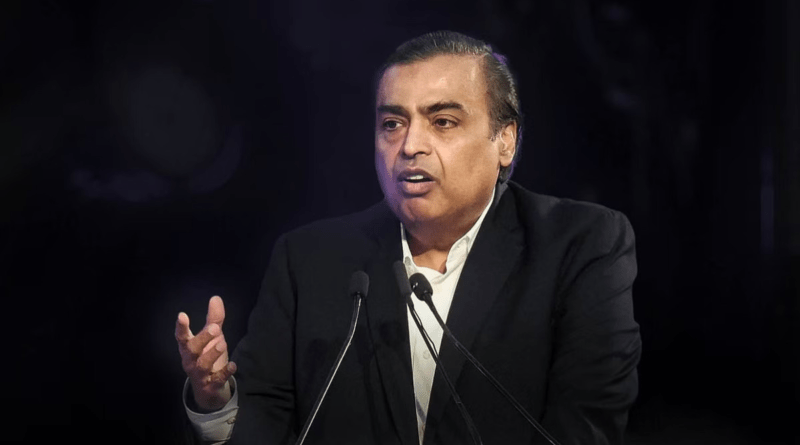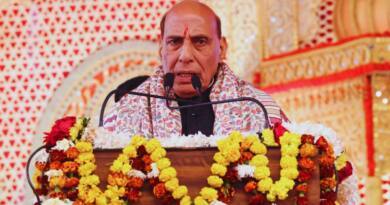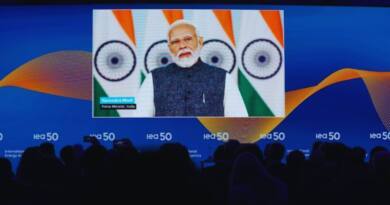The Stunning India’s Entertainment Sector For New Merger
The union of Disney and Reliance Industries’ TV and streaming businesses in India is anticipated to upend the whole industry and possibly put some smaller businesses out of business since it establishes a $8.5 billion powerhouse that will give it an edge over competitors, according to analysts.
The agreement between the two businesses had been in the works for a while, since Reliance, owned by India’s richest man, Mukesh Ambani, has been branching out from its traditional oil business into industries like telecoms and entertainment, and Disney lost out on lucrative cricket rights and millions of subscribers to its streaming platform.
According to Barnik Maitra, a strategy consultant and former managing partner at consultancies Arthur D. Little and McKinsey, the agreement, which was announced last week, has the potential to drastically change the industry and force other businesses to consolidate if they want to have any chance of competing with the powerhouse that will emerge from the tie-up.
Disney and Reliance will have a competitive advantage because they have “strong synergies when they’re buying content or when they’re selling ad inventory” from their joint venture, which is anticipated to be finalised at the end of this year or early in the following year pending regulatory permissions, he says.
38 million people have paid to access Disney’s Hotstar streaming service. Reliance has not released any JioCinema streaming platform numbers.
According to Utkarsh Sinha, managing director of boutique investment bank Bexley Advisors, “the deal creates an OTT behemoth that the others will find hard to upstage, as it brings together all the content that’s worth paying for, especially as all the other players are individually having their own struggles today.”
As for the next two to three years, he expects “a strong consolidatory wave coming down the pipeline.”
Reliance had previously made significant investments to acquire content in order to increase its market share. It outbid Disney in 2022 and paid 237.58 billion rupees ($2.87 billion) for the internet streaming rights to the glittering and hugely popular Indian Premier League cricket tournament, which runs from 2023 to 2027. The rights to stream the matches had previously been owned by the streaming service Disney Hotstar.
In a significant coup last May, JioCinema acquired the Indian rights to HBO’s content, which includes popular shows like Game of Thrones, The Last of Us, House of the Dragon, and Succession.
Before Disney opted to terminate the agreement on March 31, HBO’s material was available for viewing on Disney Hotstar.
The company that will lead the merger, Reliance, has stated that it intends to invest $1.4 billion in it. Disney will control 37% of the shares, and Reliance and its affiliates will own 63%.
India, home to more than 1.4 billion people, has the largest population in the world, and as more and more individuals gain access to the internet and income levels improve, the country’s streaming industry is growing quickly.
Global consulting firm Deloitte predicts that the Indian over-the-top (OTT) market, which includes streaming and video-on-demand, will more than double to $5.3 billion by 2027 from $2.35 billion in 2022.
According to the report’s data, there are over 50 OTT firms operating in India, such as Netflix and Amazon Prime.
Zed Entertainment and Sony are two of the biggest domestic competitors. Although there were intentions to combine Zed’s Indian assets with Sony’s, creating a $10 billion media conglomerate, Sony has now formally pulled out of the deal.
However, the Reliance-Disney partnership will also have to deal with a number of industry-wide monetization and profitability issues.
These include spending money on content creation and revenue-generating strategies, according to Mr. Maitra.
Similarly, he states that monitoring return on investment on pricey sports rights, like Indian cricket, is a “big challenge.”
According to him, business consolidation may facilitate this process by reducing the number of platforms vying for viewers.
Mr. Maitra states that the “alliance will give Reliance the potential to monetarilyze existing content and sports rights to Indian diaspora audiences globally, notably in the US,” despite the fact that he does not believe that expanding into foreign markets is Reliance’s top objective.




